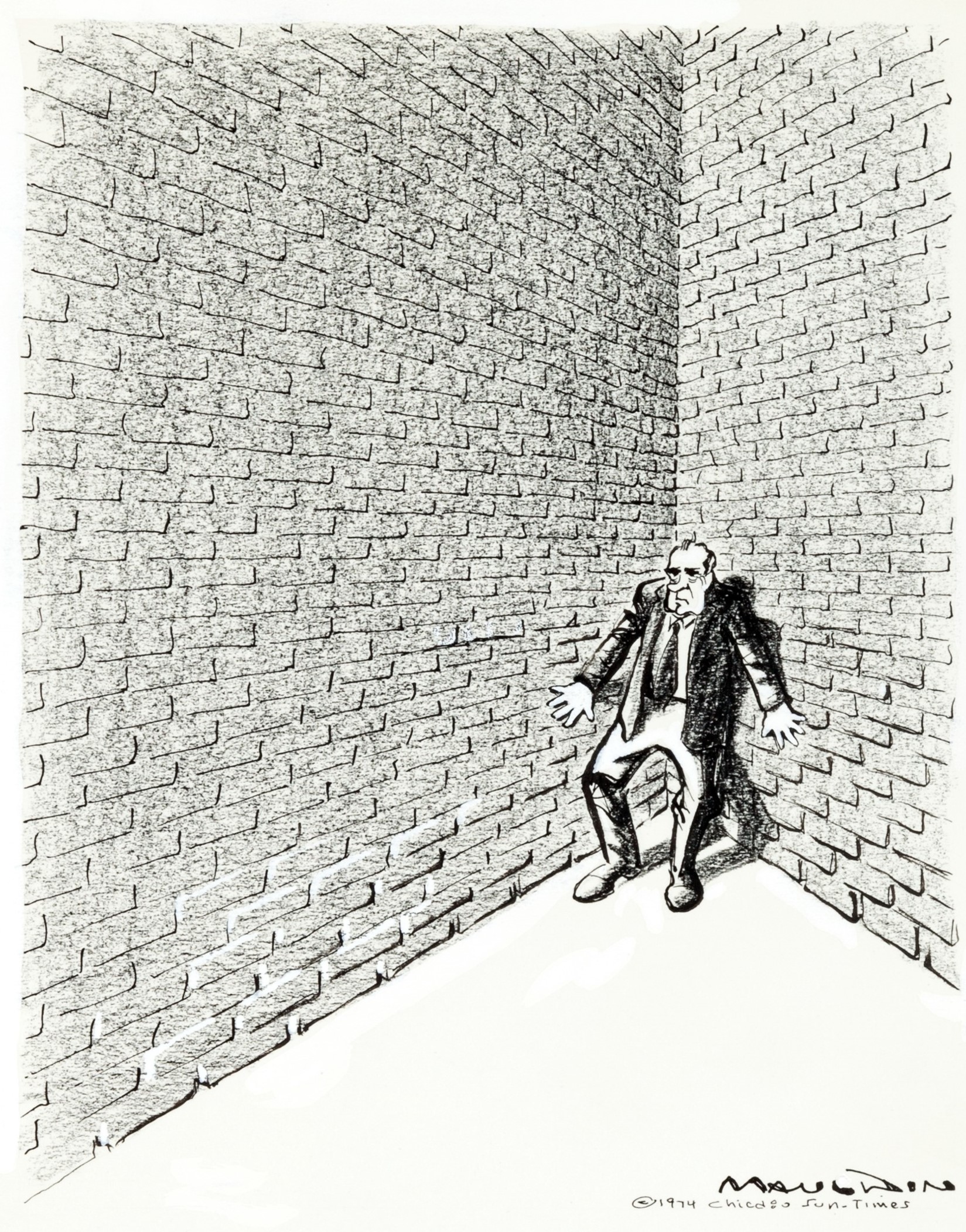
By Jim O’Neal
On Jan. 20, 1973, surrounded by happy perjurers, Richard M. Nixon celebrated his second inauguration in a three-day, $4 million extravaganza, organized by political operative Jeb Stuart Magruder. Named by his Civil War-buff father after Southern General J.E.B. Stuart, Magruder would later serve seven months in prison for perjury involving Watergate.
The rhetoric of the inaugural address was less a promise of what the government would do than what it wouldn’t. Twelve years earlier, another president of the same generation had vowed that “We’ll pay any price, bear any burden, meet any hardship, support any friend, oppose any foe, to assure the survival of liberty.”
Now, Nixon declared that, “The time has passed when America will make every other nation’s conflict our own … or presume to tell the people of other nations how to manage their own affairs.” At the same time, he prepared to liquidate the domestic programs of liberal administrations. Paraphrasing President Kennedy’s most memorable line, Nixon said, “Let each of us ask — not just what will government do for me, but what can I do for myself?” (Lyndon B. Johnson would die two days later, but presumably from other causes).
As Nixon paused for effect, a faint sound could be heard from several blocks away. A group of youths was chanting “Murderer,” “Out now,” and “End racism.” A woman from Iowa told a New York Times reporter, “Just disgusting. Why can’t they do something about those kids!”
It was certainly indecorous, yet these demonstrations, like the counterculture of the time, were an expression of the deep divisions in America and they had to be endured. There is no practical way to stifle dissent in an open society; if there was, I suspect Magruder and his allies would have tried to use it.
The chanters – about 500 to 1,000 that included yippies, militants and Maoist activists – were the smallest and rudest protestors in the multitude of demonstrators.
So it was – after intervening in foreign conflicts for a third of a century – that the people of the United States turned inward once more, seeking comfort and renewal in isolation. “So we beat on, boats against the current, borne back ceaselessly into the past.” (Last line from The Great Gatsby by F. Scott Fitzgerald.)
Maybe someday.
 Intelligent Collector blogger JIM O’NEAL is an avid collector and history buff. He is president and CEO of Frito-Lay International [retired] and earlier served as chairman and CEO of PepsiCo Restaurants International [KFC Pizza Hut and Taco Bell].
Intelligent Collector blogger JIM O’NEAL is an avid collector and history buff. He is president and CEO of Frito-Lay International [retired] and earlier served as chairman and CEO of PepsiCo Restaurants International [KFC Pizza Hut and Taco Bell].
